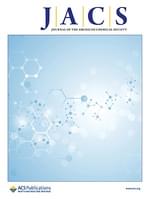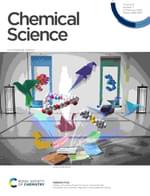A research team’s dream to achieve a net-zero plastics future
With the Oxford Martin Programme on the Future of Plastics coming to an end, we explore how this research programme has helped develop a holistic solution to the challenge of ending plastic pollution, resulting in the concept of a circular economy for plastics.








